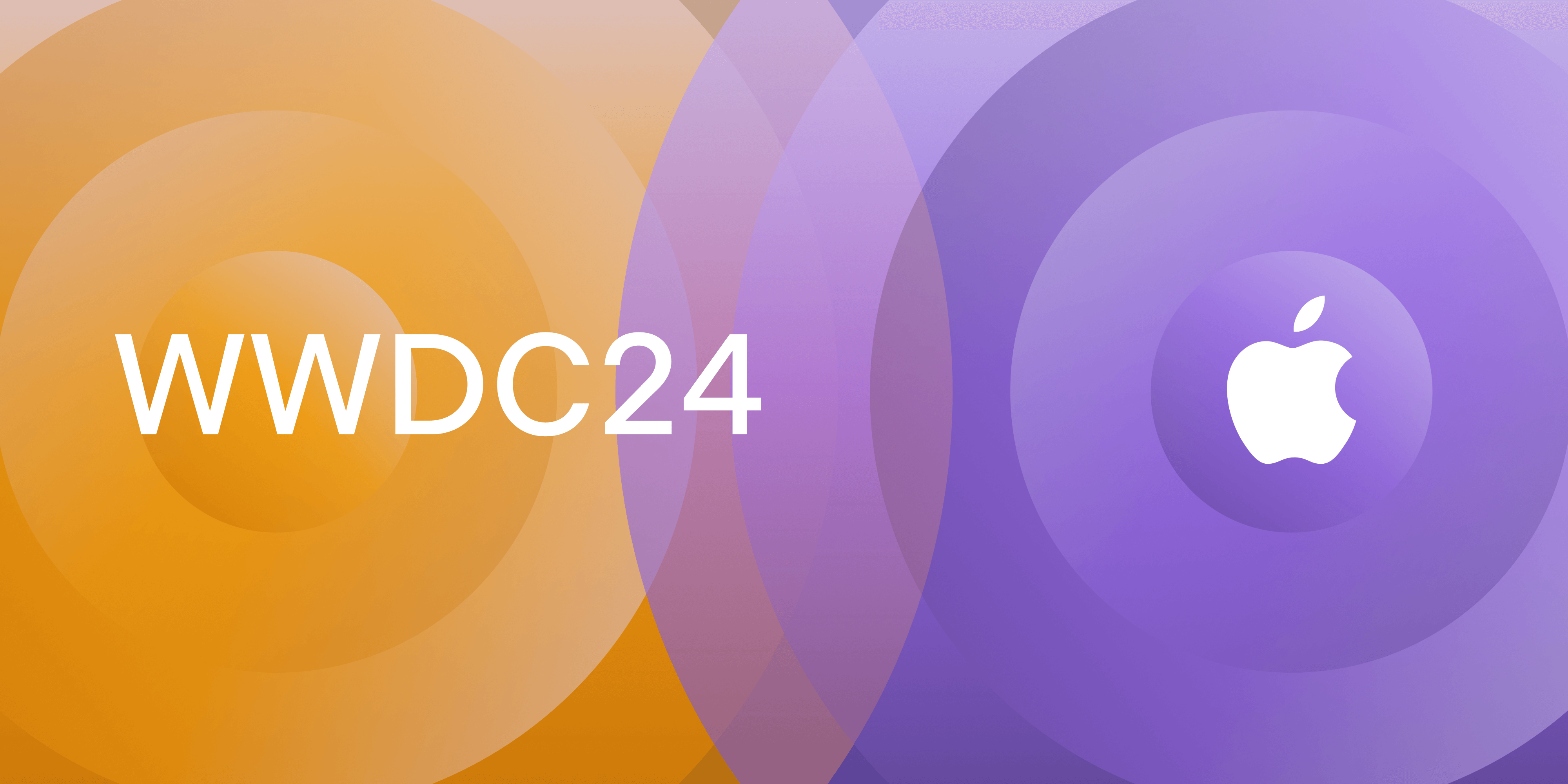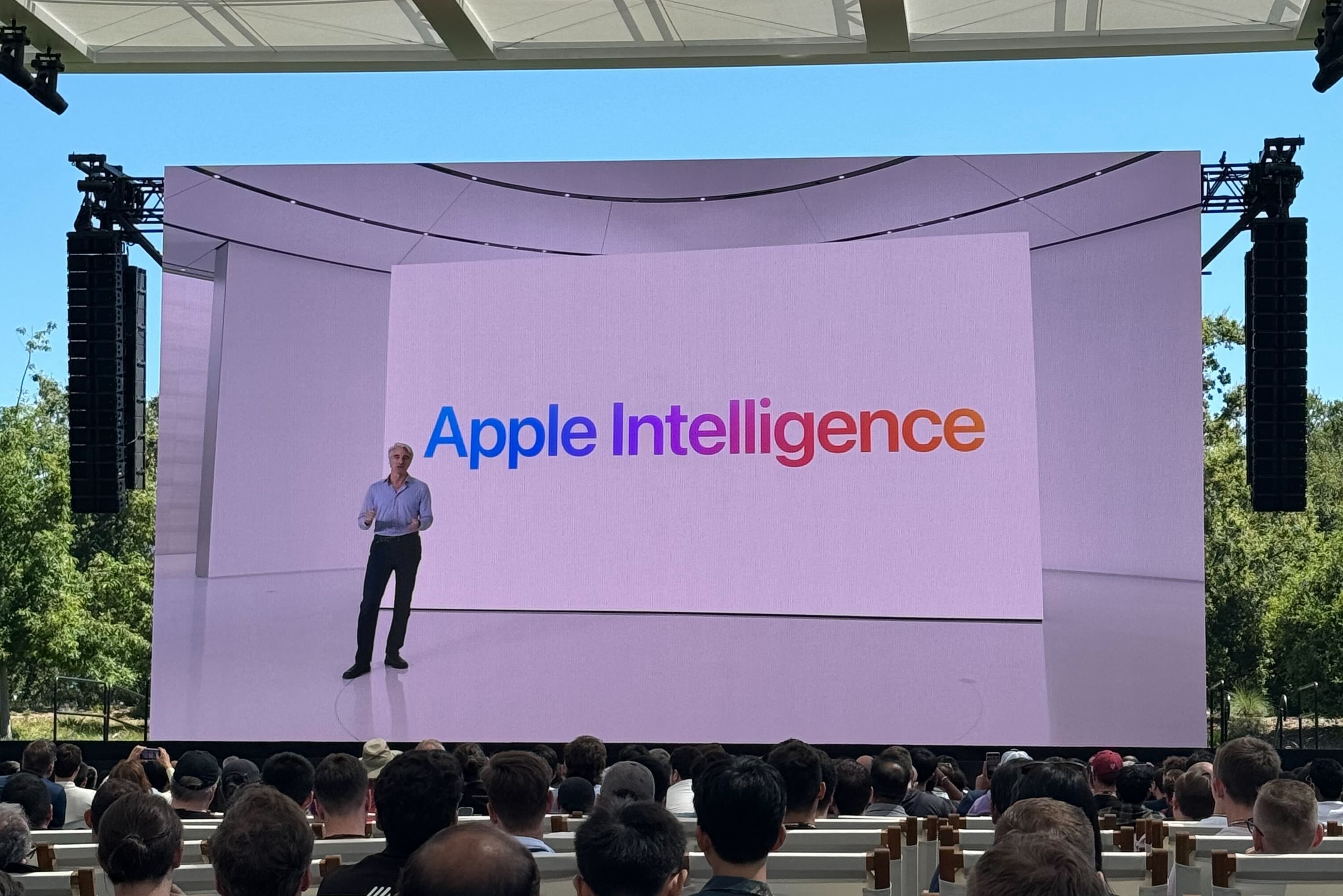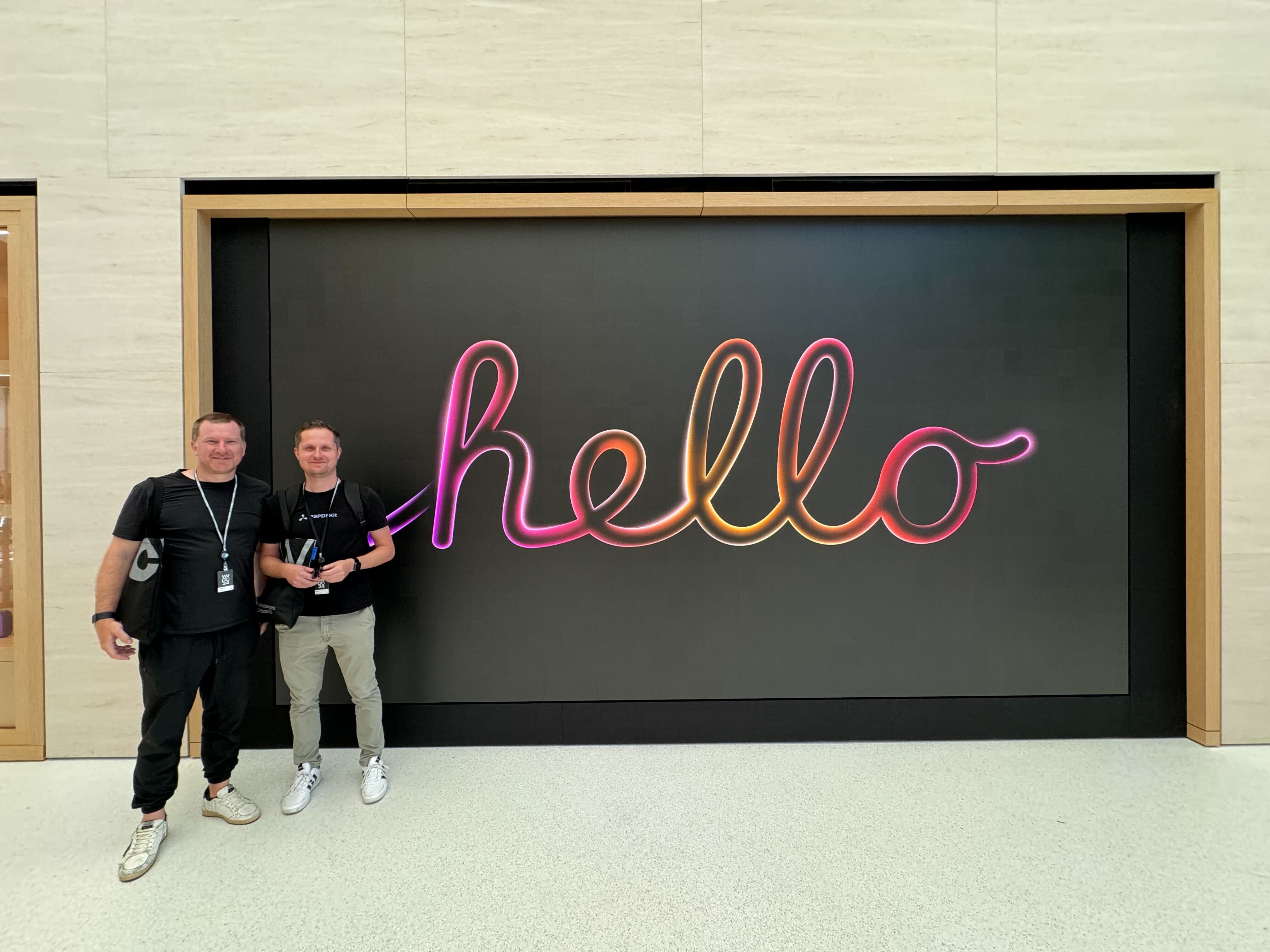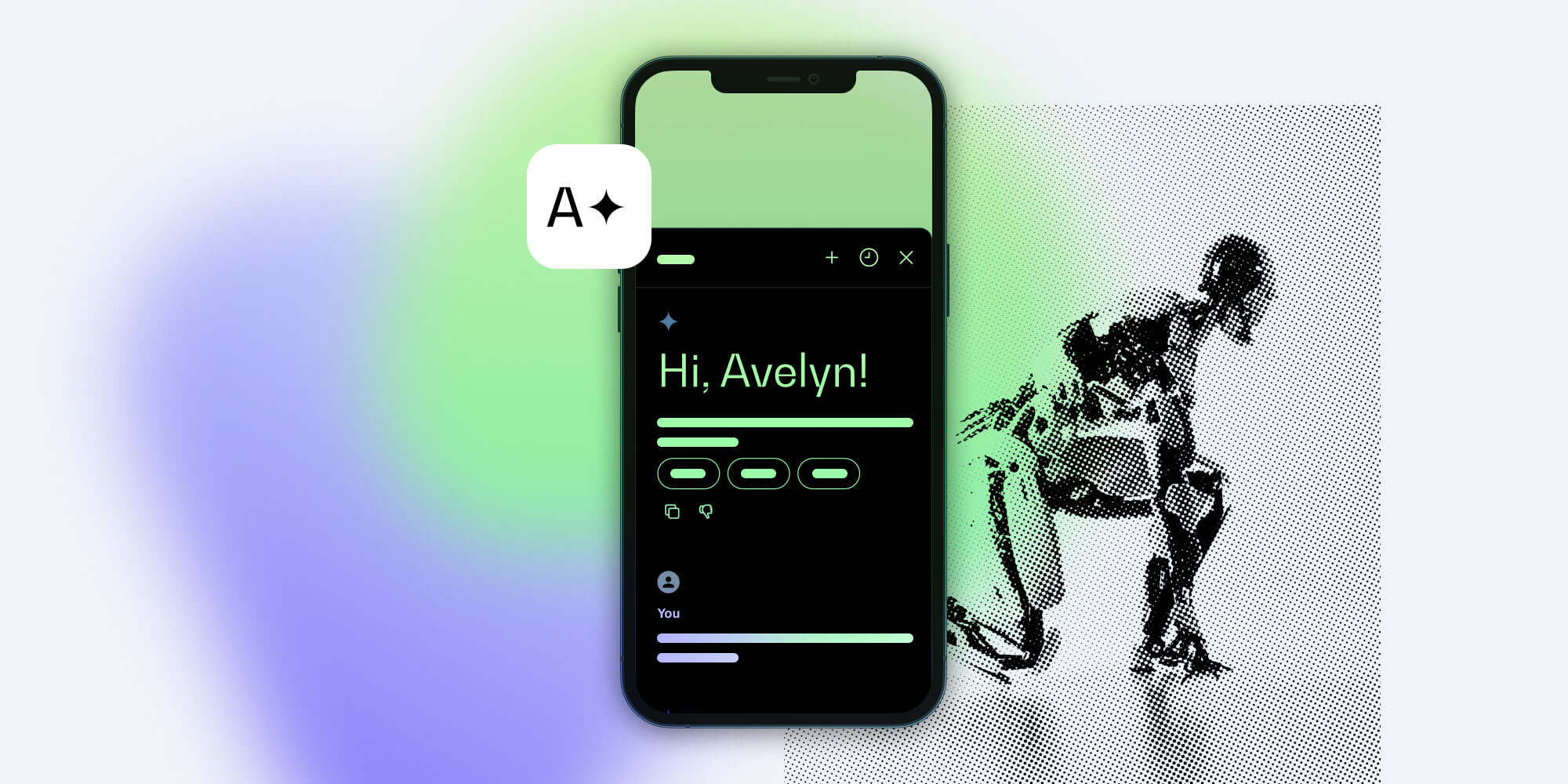
I’m hearing a bunch of different takes on Apple’s introduction of Apple Intelligence, which is the company’s AI play at WWDC24.
Before the keynote, we spotted Sam Altman in the VIP waiting area and thought for sure the rumors of an OpenAI partnership were true. As I was sitting in the audience at Apple Park, I was blown away as Craig Federighi laid out Apple’s strategy. He passionately talked about what AI should be for Apple: a strategy focused on personal context but, more specifically, privacy.
Privacy is something Apple has been talking about for more than half a decade, specifically with iPhone, and it has been a differentiator in the company’s strategy compared to other large tech companies such as Meta, Google, and OpenAI.

Apple Introduces Apple Intelligence (AI) Based on Privacy and Personal Context
We all know the famous statement from the documentary The Social Dilemma: “If you’re not paying for the product, then you are the product.” Statements like this seemed to be the stake in the ground that Apple had based its future on, and it seems to have worked so far.
What was interesting about the announcement was that Apple presented its own on-device models that cover what have become table stakes in the GenAI world — image generation, summarization, and rewriting. The company introduced innovative things like emoji generation, which I do think will be reason enough for people to upgrade to the latest iPhone. It’s clear that by only making generative AI features available on M1 or newer chips or phones with A17 Pro onward, Apple hopes this will be a reason to refresh buys of Apple devices.
But really, the innovation is that Apple is offering functionality similar to that of other AI companies, with access to your life’s data on your most personal device — yet done in a way that guarantees privacy.

Personal Context from Apple Ecosystem Gives Apple Intelligence Differentiation
Personal context is a key differentiator because it leverages Apple’s massive ecosystem. One of the most annoying things with current GenAI tools is having to prompt all the information you want it to contextualize when giving you an answer.
Effective now, Apple Intelligence will already have access to that information and therefore, in theory, be able to give you a better answer than other tools. Privacy solves the feeling that you’re being watched, collected, and used as training data for the AI overlords. These are two huge improvements over current offerings, so long as the results are actually still useful.
Why Apple Is Partnering with OpenAI
So why announce the partnership with OpenAI? While Apple has made it clear it’ll be anonymizing data to make sure OpenAI can’t track its users, OpenAI clearly isn’t giving access to third-party auditors to validate what it’s actually doing with the data, like Apple promised is the case with Private Cloud Compute.
This is a situation similar to when Apple had Google Maps on early iPhones. The company knows that ChatGPT is the cutting-edge market leader for generative AI, and it wants to offer that option to its users.
I also think it’s an admission that Apple is still in the early building of its own AI models, and I wouldn’t be surprised to see Apple remove ChatGPT completely or demote it to any other third-party AI tool integration.
Either way, it’s great to see Apple enter the AI space, and I hope the company continues to build out on the foundations of privacy and personal context.





